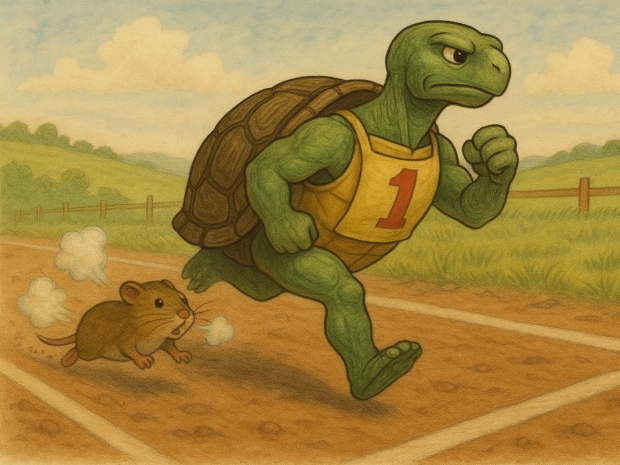Microsoft CEO of AI and former DeepMind co-founder Mustafa Suleyman told CNBC that Vole's sweet spot is “three or six months behind.”
“It’s cheaper to give a specific answer once you’ve waited for the first three or six months for the frontier to go first. We call that off-frontier,” he said.
It’s a deliberate second-place strategy that leans on OpenAI to blaze the trail while Redmond refines and adapts, saving a fortune.
Despite pumping $13.75 billion into OpenAI and baking ChatGPT into everything from Bing to Windows, the Vole has quietly admitted the honeymoon’s wearing thin.
It added OpenAI to its competitors list last July, just as OpenAI announced its flirtation with Oracle for the $500 billion Stargate project.
Still, Suleyman insists the partnership’s not toast.
“Look, it’s mission-critical that long-term, we can do AI self-sufficiently at Microsoft,” Suleyman said. “At the same time, I think about these things over five and 10-year periods. Until 2030 at least, we are deeply partnered with OpenAI, who have [had an] enormously successful relationship for us.
Microsoft's Copilot is learning some new tricks too—like memory, a feature that debuted on ChatGPT first. The firm’s “Think Deeper” answer came weeks later, echoing its ‘tight second’ mantra.
Suleyman said Microsoft is focused on building its own AI internally, but the company is not pushing itself to build the most cutting-edge models.
“We have a powerful AI team with huge amounts of computing, and it’s vital to us that, you know, maybe we don’t develop the absolute frontier, the best model in the world first,” he said. “That’s very expensive to do and unnecessary to cause that duplication,” he said.

